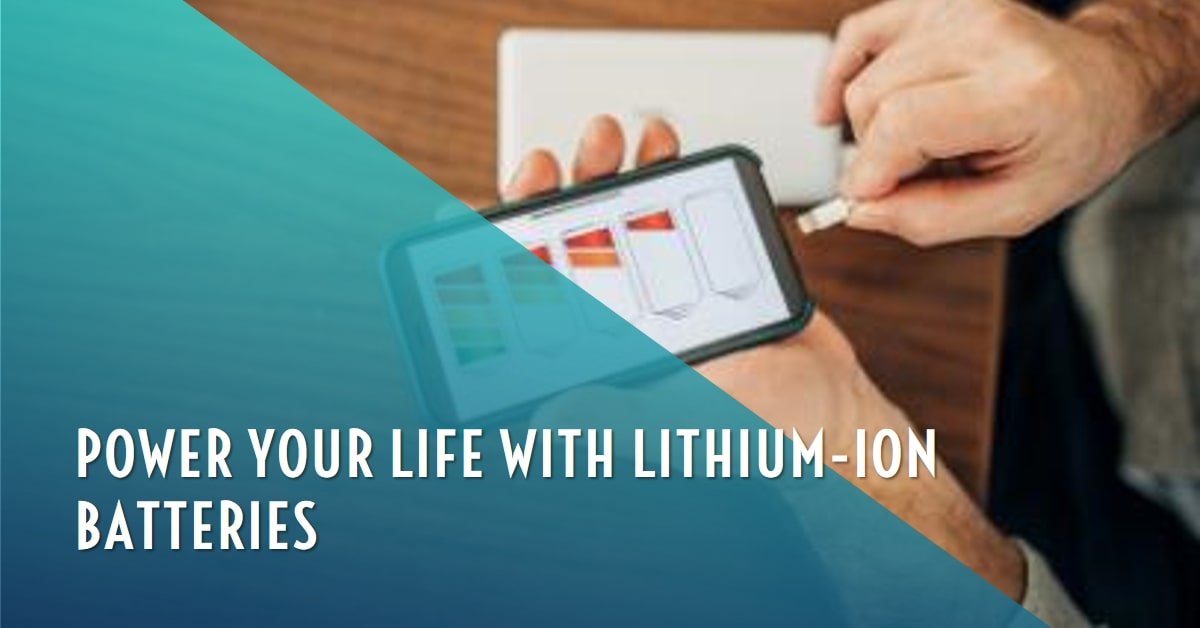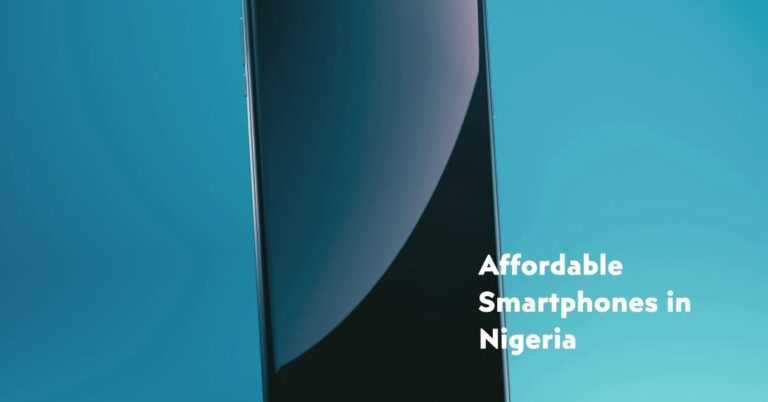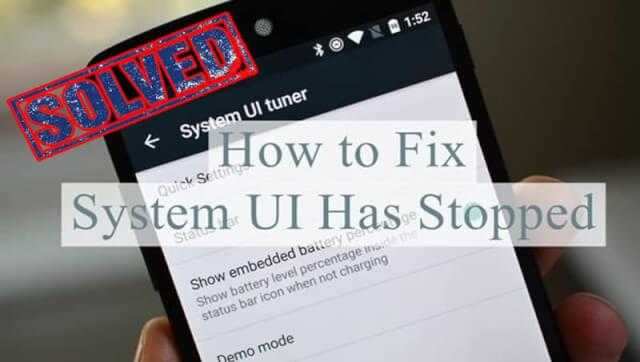How Lithium-Ion Batteries Can Power Your Life: Benefits and Applications
Batteries are essential for many of the devices that we use every day. They store electrical energy and convert it into power when we need it. But not all batteries are created equal. Some are bulky, heavy, and inefficient. Others are prone to memory effect, self-discharge, and environmental hazards. That’s why lithium-ion batteries are becoming more and more popular. Lithium-ion batteries are rechargeable batteries that use lithium compounds as electrodes. They have many advantages over other types of batteries, such as high energy density, low maintenance, quick charging, and small size. They are also safer and more eco-friendly than lead-acid or nickel-cadmium batteries. In this article, we will explore the benefits of lithium-ion batteries and how they are used in various applications, from smartphones to electric vehicles. We will also share some tips and precautions for charging and using lithium-ion batteries properly. By the end of this article, you will have a better understanding of how lithium-ion batteries can power your life.
Benefits of Lithium-Ion Batteries
Lithium-ion batteries have many benefits that make them superior to other batteries. Here are some of the main ones:
- High energy density: Lithium-ion batteries can store more energy per unit volume and weight than other batteries. This means they can provide more power for longer periods of time without being too bulky or heavy. This is especially important for portable devices, such as laptops, cameras, and drones, that need to be compact and lightweight. For example, a lithium-ion battery can power a laptop for up to 10 hours, while a nickel-metal hydride battery can only last for 3 hours.
- Low maintenance: Lithium-ion batteries do not require much maintenance to keep them in good condition. Unlike other batteries, they do not suffer from memory effect, which is the loss of capacity due to incomplete charging and discharging cycles. Lithium-ion batteries can be charged and discharged at any time without affecting their performance. They also have a low self-discharge rate, which means they retain their charge for a long time when not in use. For example, a lithium-ion battery can lose only 5% of its charge per month, while a nickel-cadmium battery can lose up to 20%.
- Quick charging: Lithium-ion batteries can be charged faster than other batteries. They can reach up to 80% of their full capacity in about an hour, while other batteries can take several hours to fully charge. This is convenient for users who need to recharge their devices quickly and frequently. For example, a smartphone with a lithium-ion battery can be fully charged in less than two hours, while a smartphone with a nickel-metal hydride battery can take up to four hours.
- Small and light: Lithium-ion batteries are smaller and lighter than other batteries. They have a high power-to-weight ratio, which means they can deliver more power with less weight. This makes them ideal for powering small and light devices, such as smartwatches, earphones, and electric toothbrushes. For example, a lithium-ion battery can weigh as little as 20 grams, while a lead-acid battery can weigh up to 500 grams.
The advantages of lithium-ion batteries are that they are small, powerful, and versatile. They can store more energy, require less maintenance, charge faster, and weigh less than other batteries. They can power a wide range of devices, from smartphones to electric vehicles, with high efficiency and reliability.
Applications of Lithium-Ion Batteries
Lithium-ion batteries are used in various applications, both in our everyday lives and in industrial fields. Here are some of the most common ones:
- Smartphones: Smartphones are one of the most popular devices that use lithium-ion batteries. They need batteries that can provide enough power for their multiple functions, such as calling, texting, browsing, gaming, and streaming. They also need batteries that can last for a long time and charge quickly. Lithium-ion batteries meet these requirements, as they can offer high energy density, low self-discharge, and quick charging. For example, the iPhone 12 Pro has a lithium-ion battery with a capacity of 2815 mAh, which can provide up to 17 hours of video playback, 11 hours of internet use, or 65 hours of audio playback.
- Laptops: Laptops are another common device that use lithium-ion batteries. They need batteries that can power their high-performance processors, large screens, and multiple ports. They also need batteries that can be portable and durable. Lithium-ion batteries meet these requirements, as they can offer high energy density, low maintenance, and small size. For example, the MacBook Air has a lithium-ion battery with a capacity of 49.9 Wh, which can provide up to 18 hours of web browsing, 15 hours of video streaming, or 30 days of standby time.
- Electric vehicles: Electric vehicles are one of the most promising applications of lithium-ion batteries. They need batteries that can propel them for long distances, accelerate quickly, and recharge easily. They also need batteries that can be eco-friendly and cost-effective. Lithium-ion batteries meet these requirements, as they can offer high energy density, quick charging, and low emissions. For example, the Tesla Model 3 has a lithium-ion battery with a capacity of 75 kWh, which can provide up to 568 km of range, 261 km/h of top speed, and 15 minutes of charging time for 280 km of range.
- Power tools: Power tools are another important application of lithium-ion batteries. They need batteries that can deliver high power for heavy-duty tasks, such as drilling, cutting, and hammering. They also need batteries that can be reliable and safe. Lithium-ion batteries meet these requirements, as they can offer high power density, low self-discharge, and circuit protection. For example, the Makita 18V LXT Cordless Drill has a lithium-ion battery with a capacity of 3 Ah, which can provide up to 50% more run time, 20% faster charging, and 2X longer life than other batteries.
Tips and Precautions for Charging and Using Lithium-Ion Batteries
Lithium-ion batteries are generally easy and safe to use, but they still require some care and attention. Here are some tips and precautions for charging and using lithium-ion batteries properly:
- Do not overcharge or overdischarge: Overcharging or overdischarging lithium-ion batteries can damage their cells and reduce their lifespan. To avoid this, use the original charger that came with your device, or a compatible one that has the same voltage and current ratings. Also, do not leave your device plugged in for too long after it is fully charged, or let it drain completely before recharging it. Ideally, keep your battery level between 20% and 80% for optimal performance and longevity.
- Do not expose to extreme temperatures: Extreme temperatures can affect the performance and safety of lithium-ion batteries. High temperatures can cause the battery to overheat and swell, which can lead to leakage, fire, or explosion. Low temperatures can cause the battery to lose capacity and power, which can affect the functionality of your device. To avoid this, store and use your device in a cool and dry place, away from direct sunlight, heat sources, and freezing conditions. Also, do not charge or use your device when the temperature is above 45°C or below 0°C.
- Do not puncture or short-circuit: Puncturing or short-circuiting lithium-ion batteries can cause them to release toxic gases, catch fire, or explode. To avoid this, handle your device with care, and do not drop, crush, or bend it. Also, do not insert any metal objects, such as coins, keys, or pins, into the battery compartment, or connect the positive and negative terminals of the battery with a wire or a conductor. If you notice any signs of damage, leakage, or swelling on your battery, stop using it immediately and dispose of it properly.
Conclusion
Lithium-ion batteries are the best choice for powering many of the devices that we use every day. They have many advantages, such as high energy density, low maintenance, quick charging, and small size. They are also safer and more eco-friendly than other batteries. They are used in various applications, such as smartphones, laptops, electric vehicles, and power tools. However, they still require some care and attention to ensure their optimal performance and safety. By following some simple tips and precautions, you can enjoy the benefits of lithium-ion batteries and make them last longer.
FAQs
Here are some frequently asked questions about lithium-ion batteries:
How long do lithium-ion batteries last?
The lifespan of lithium-ion batteries depends on several factors, such as the type, quality, usage, and storage of the battery. Generally, lithium-ion batteries can last for 2 to 5 years, or 300 to 500 charge cycles, whichever comes first. A charge cycle is the process of fully charging and discharging a battery. However, you can extend the lifespan of your battery by following some of the tips and precautions mentioned above.
How do I dispose of lithium-ion batteries?
Lithium-ion batteries are considered hazardous waste and should not be thrown away in the regular trash. They can pose a risk of fire, explosion, or environmental damage if they are not disposed of properly. To dispose of lithium-ion batteries, you should follow these steps:
- Find a local recycling center that accepts lithium-ion batteries. You can use online tools, such as Call2Recycle, to locate the nearest drop-off location.
- Remove the battery from your device and tape the terminals with electrical tape to prevent short-circuiting.
- Place the battery in a clear plastic bag or a cardboard box and label it as “lithium-ion battery”.
- Bring the battery to the recycling center and follow their instructions.
- Alternatively, you can also contact the manufacturer or retailer of your device and ask if they have a take-back or trade-in program for lithium-ion batteries.
What are the alternatives to lithium-ion batteries?
Lithium-ion batteries are not the only type of rechargeable batteries available. There are also other types, such as nickel-metal hydride, nickel-cadmium, lead-acid, and sodium-ion batteries. Each of these types has its own advantages and disadvantages, depending on the application and the cost. Here is a brief comparison of some of the alternatives to lithium-ion batteries:
| Type | Advantages | Disadvantages |
| Nickel-metal hydride | Cheaper, more durable, and more eco-friendly than lithium-ion batteries | Lower energy density, higher self-discharge, and memory effect |
| Nickel-cadmium | Cheaper and more durable than lithium-ion batteries | Lower energy density, higher self-discharge, memory effect, and toxic |
| Lead-acid | Cheaper and more reliable than lithium-ion batteries | Lower energy density, heavier, and less eco-friendly than lithium-ion batteries |
| Sodium-ion | Similar energy density and lower cost than lithium-ion batteries | Less mature and less stable than lithium-ion batteries |
Summary
Lithium-ion batteries are the best choice for powering many of the devices that we use every day. They have many advantages, such as high energy density, low maintenance, quick charging, and small size. They are also safer and more eco-friendly than other batteries. They are used in various applications, such as smartphones, laptops, electric vehicles, and power tools. However, they still require some care and attention to ensure their optimal performance and safety. By following some simple tips and precautions, you can enjoy the benefits of lithium-ion batteries and make them last longer.



![How To Enable and Customize Samsung Galaxy S21 Always On Display [2023 Update] 3 How To Enable and Customize Samsung Galaxy S21 Always On Display [2023 Update]](https://9jaboizgist.com.ng/wp-content/uploads/2023/10/Enable-and-Customize-Samsung-Galaxy-S21-Always-On-Display-2021-scaled-1-768x432.jpg.webp)


